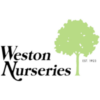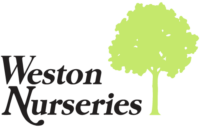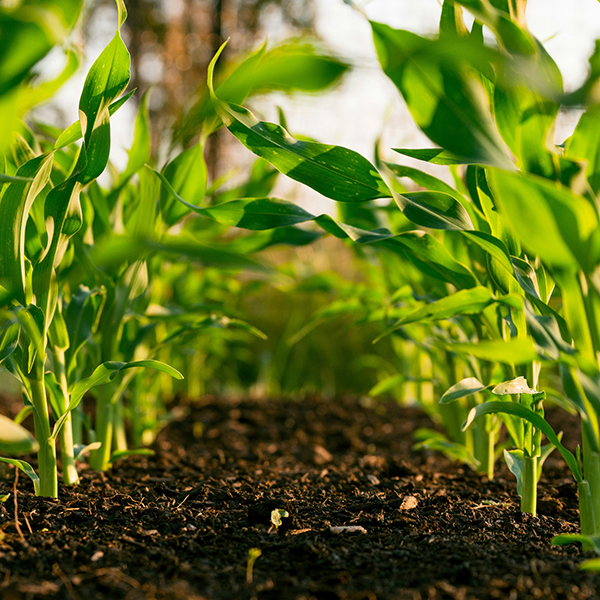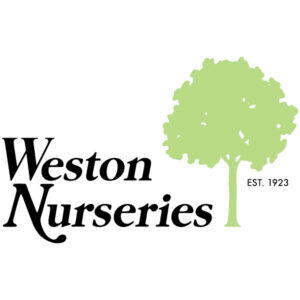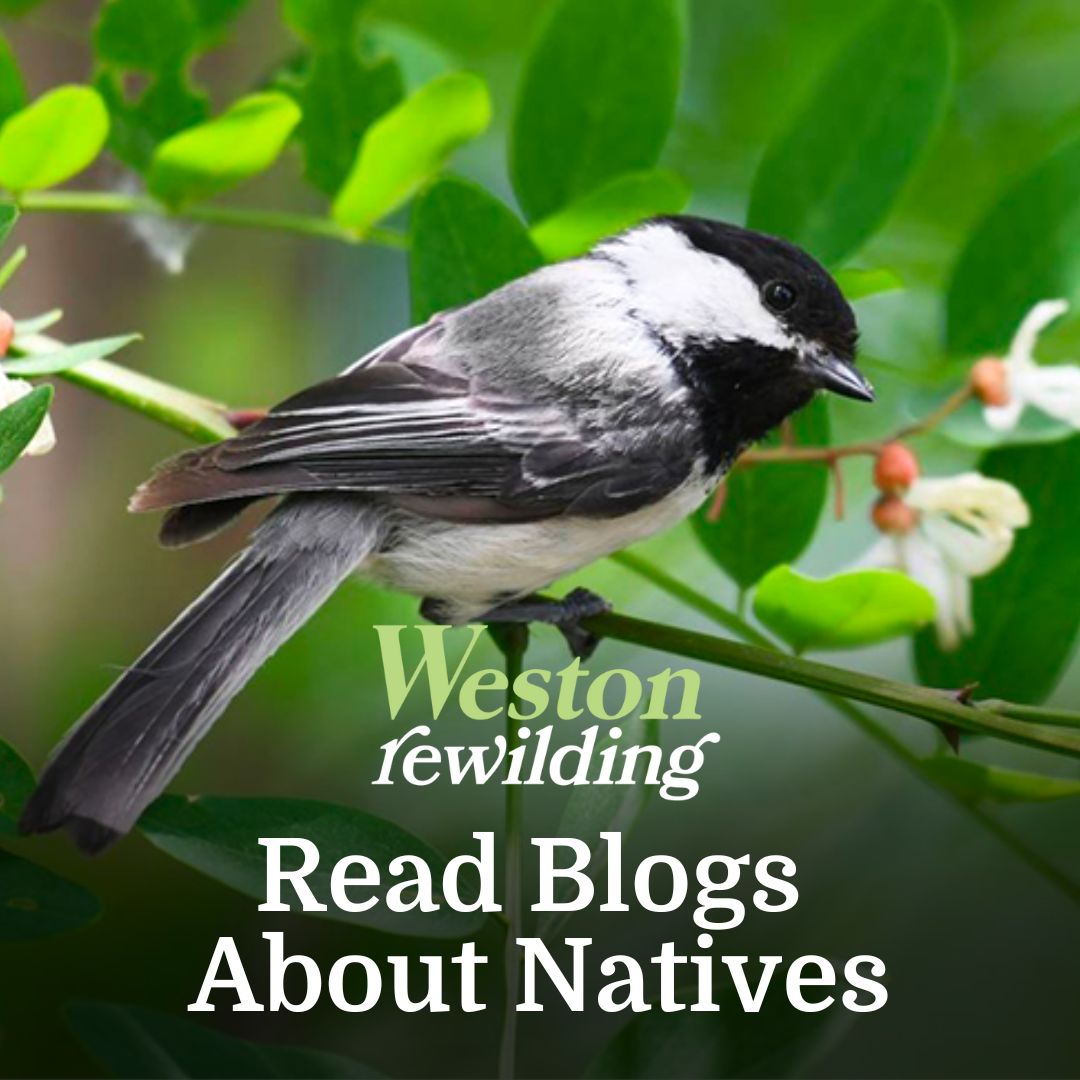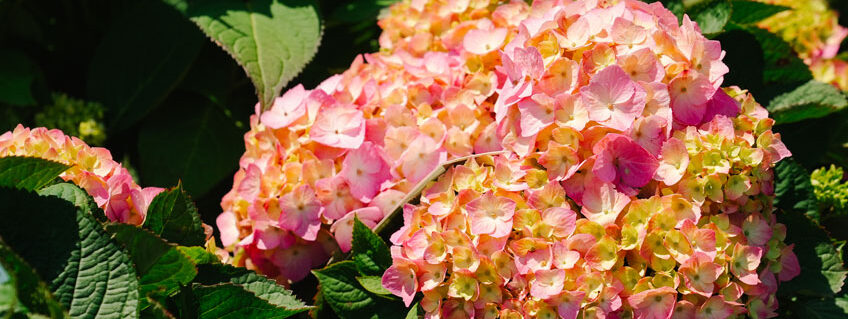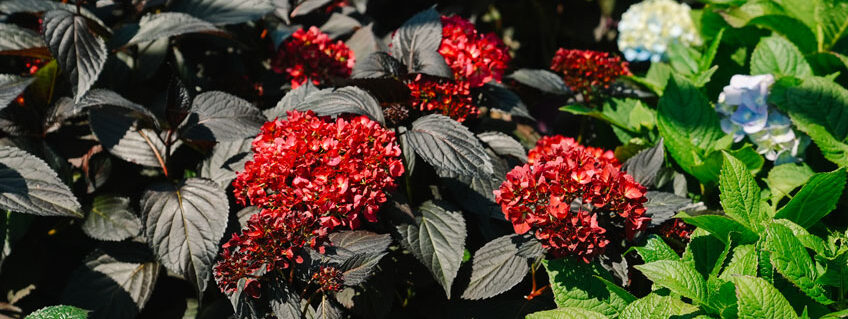By Thomas Christopher
One bit of advice I commonly offer to fellow gardeners at this time of year is to have a soil test done before you fertilize. With the data the test provides, you can apply precisely the nutrients that your soil lacks. If, instead, you just routinely sprinkle fertilizer over your garden beds at the rate suggested on the product label, you are flying blind and that, as I was reminded a year ago, can have serious consequences.
The fact was that while I was recommending soil testing, I had failed for many years to follow that advice myself. My wife Suzanne, an environmental scientist, intervened last spring and told me that she wanted data on which to base our garden fertilization. Rather shamefacedly, I collected soil samples from various areas of our vegetable garden and orchard and sent them to the soil analysis laboratory at the state university.
What I learned was that by applying a “balanced” synthetic fertilizer for the past many springs, one that supplied all three of the major plant nutrients (nitrogen, phosphorus, and potassium) I had poisoned my soil.
Balanced fertilizers are labeled as such because they supply copious amounts of all three macronutrients, on the premise that such a mix will correct any soil deficiency. The flip side of this strategy is that such nutritional carpet bombing also in many cases supplies more of some nutrients than the garden plants need.
In my case, the synthetic nitrates in my fertilizer (whose concentration is revealed by the first number in the formula such as “10-10-10” on the product label) had perhaps been on target, as the test results revealed that my garden soil still needed a nitrate boost. Of course, since synthetic nitrates readily dissolve in water, they also commonly wash out of the soil in rainstorms and snow melt, often polluting nearby waterways or the groundwater. Similarly, the test results revealed a lesser but still significant need for potassium (the third number in the fertilizer formula). Potassium is also somewhat water soluble, so it was impossible to say whether the deficiency represented a genuine need or a similar washing away of the synthetic potassium I had been applying.
What came as a surprise was that the test results flagged the level of phosphate (the middle number in the fertilizer formula) as approaching toxicity. This, I believe, resulted from a critical difference between phosphates, nitrates and potassium. Phosphates are relatively water-insoluble and so tend to last in the soil for years. By reflexively applying more phosphates annually for a decade or more, I had accumulated enough so that they threatened to be a detriment rather than a benefit. An adequate level of phosphates promotes root growth, enhancing plants’ ability to absorb moisture and all the nutrients needed. However, an excess of phosphates can block roots’ ability to absorb other essential minerals such as iron and zinc which plants use only in minute quantities but without which their growth is stunted.
I learned my lesson and immediately made radical changes to my soil management. I had already been moving toward the use of organic fertilizers because they release their nutrients more gradually, at a rate the plants can absorb them more fully so that there is less waste. In addition,
most organic fertilizers release their nutrients only as they are broken down by microorganisms in the soil, which means that their availability tends to match the seasonal needs of the plants. As spring progresses and warming weather accelerates plant growth, rising temperatures in the soil increase the activity of the microorganisms so that more nutrients are released as the plants’ appetite increases.
Another change I’ve made is that now I do not apply any balanced fertilizers, but only those that supply the specific nutrients called for in soil test results. Last year, for example, I furnished the nitrates called for by the testing laboratory by applying dried blood, a slaughterhouse by-product available at most garden centers. To furnish the potassium which was also lacking in my soil, I applied a mineral product, langbeinite, which is a deposit left by the evaporation of ancient seas that combines potassium with sulfur and magnesium, both of which are also essential for healthy plant growth.
The message, I guess, is that you are never too old to learn and that in this case at least, there is truth in the injunction “do as I say, not as I did.”
Be-a-Better-Gardener is a community service of Berkshire Botanical Garden, located in Stockbridge, Mass. Its mission, to provide knowledge of gardening and the environment through a diverse range of classes and programs, informs and inspires thousands of students and visitors each year. Thomas Christopher is a volunteer at Berkshire Botanical Garden and is the author or co-author of more than a dozen books, including Nature into Art and The Gardens of Wave Hill (Timber Press, 2019). He is the 2021 Garden Club of America’s National Medalist for Literature, a distinction reserved to recognize those who have left a profound and lasting impact on issues that are most important to the GCA. Christopher’s companion broadcast to this column, Growing Greener, streams on WESUFM.org, Pacifica Radio and NPR and is available at berkshirebotanical.org/growinggreener.
